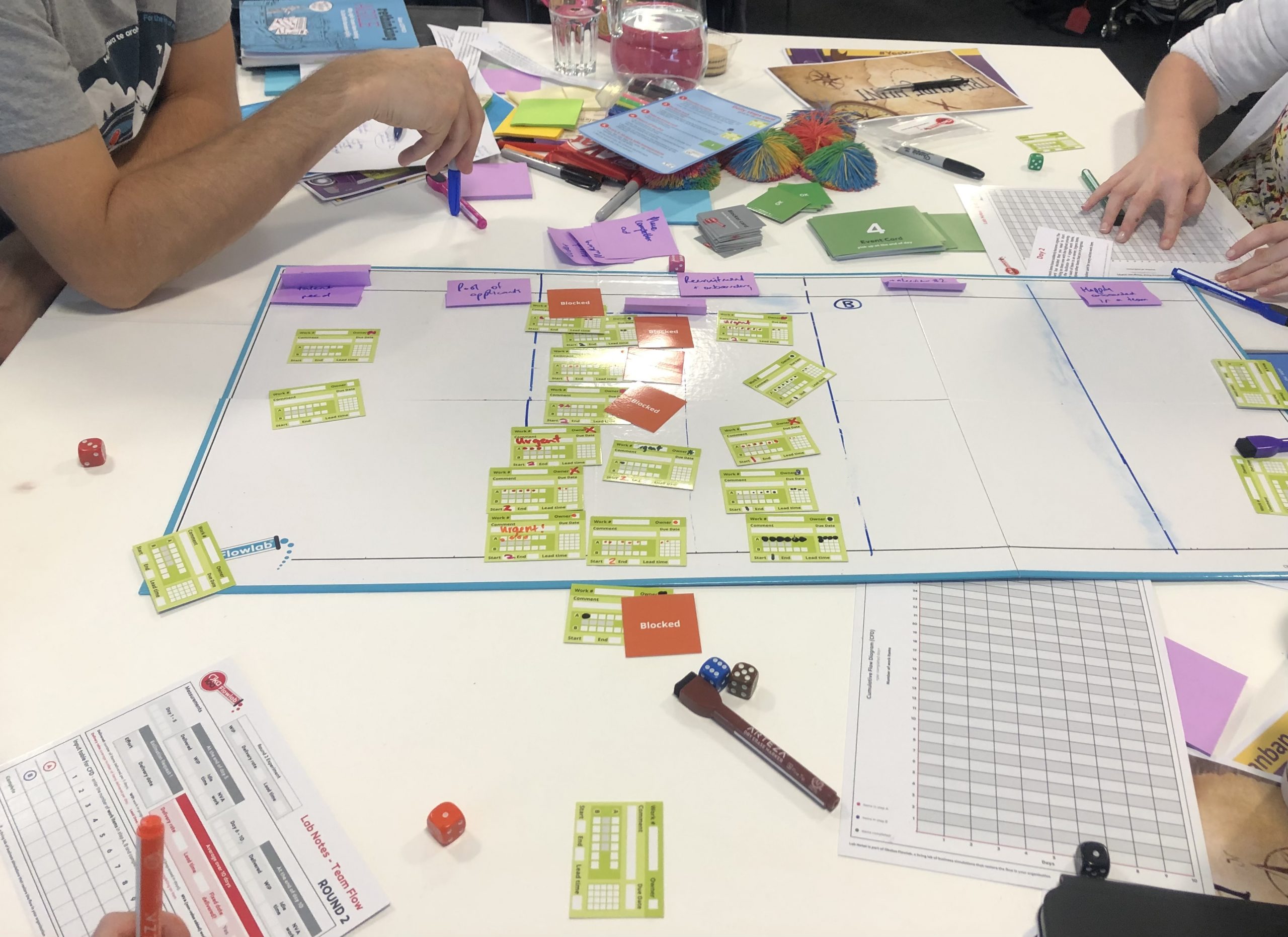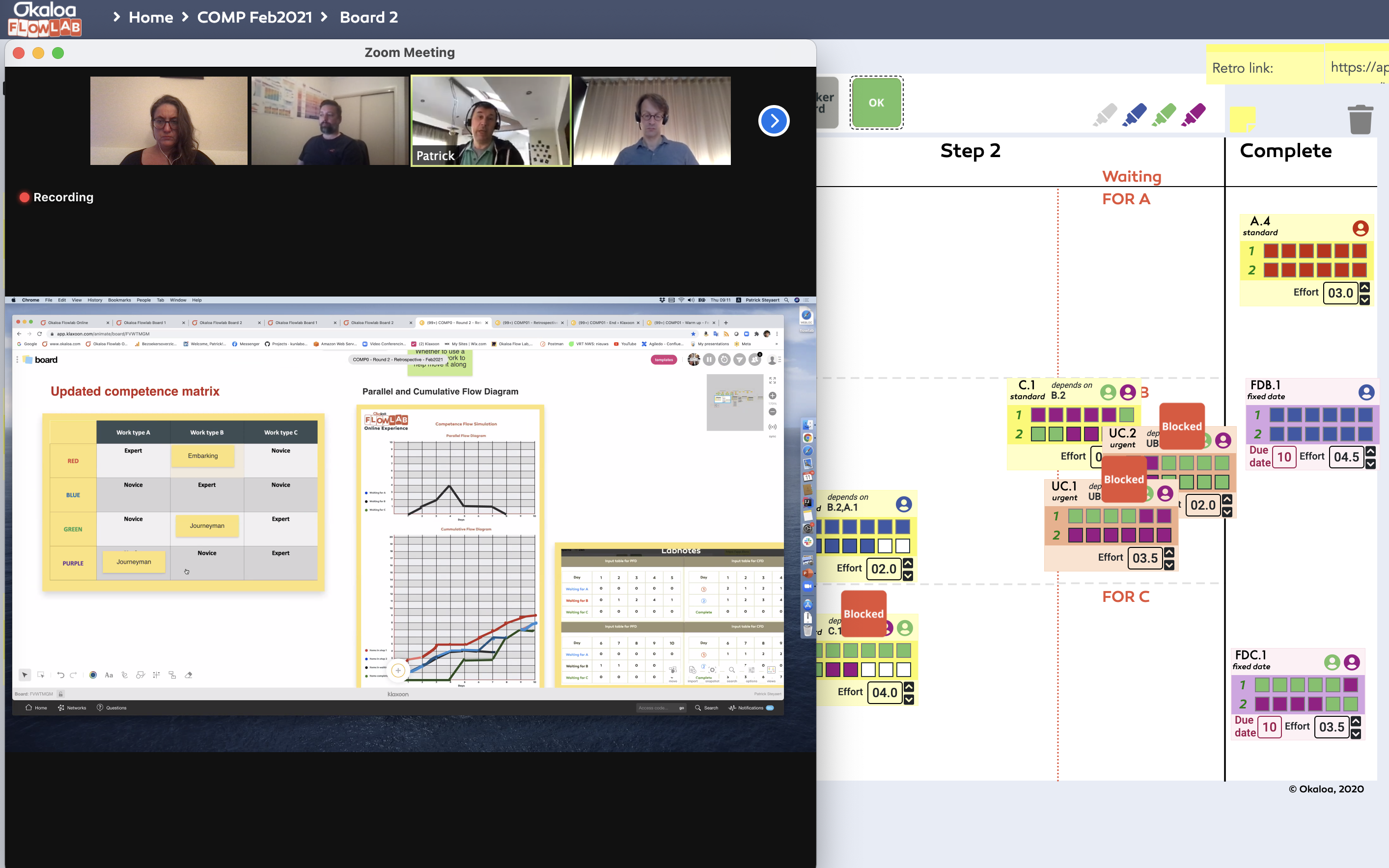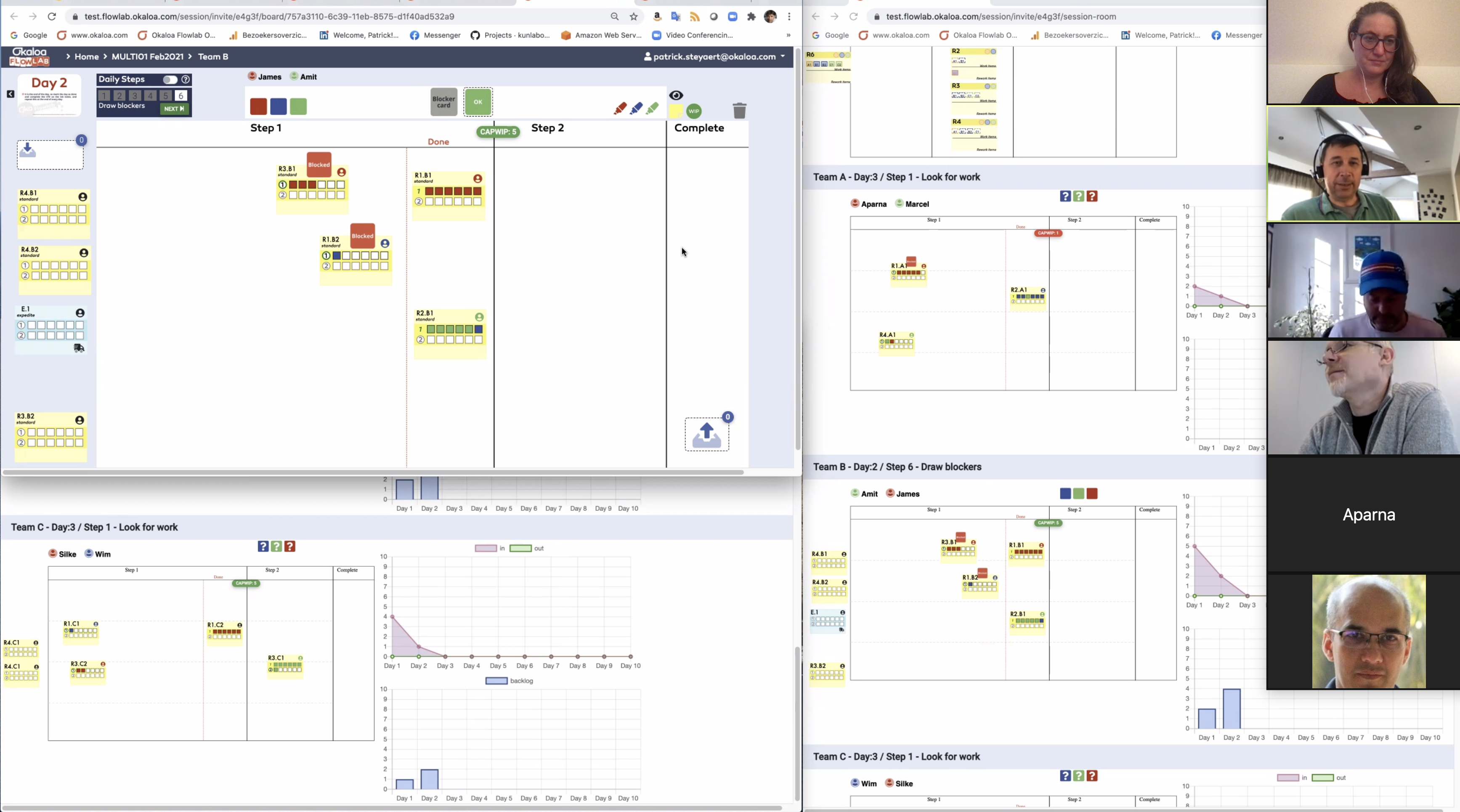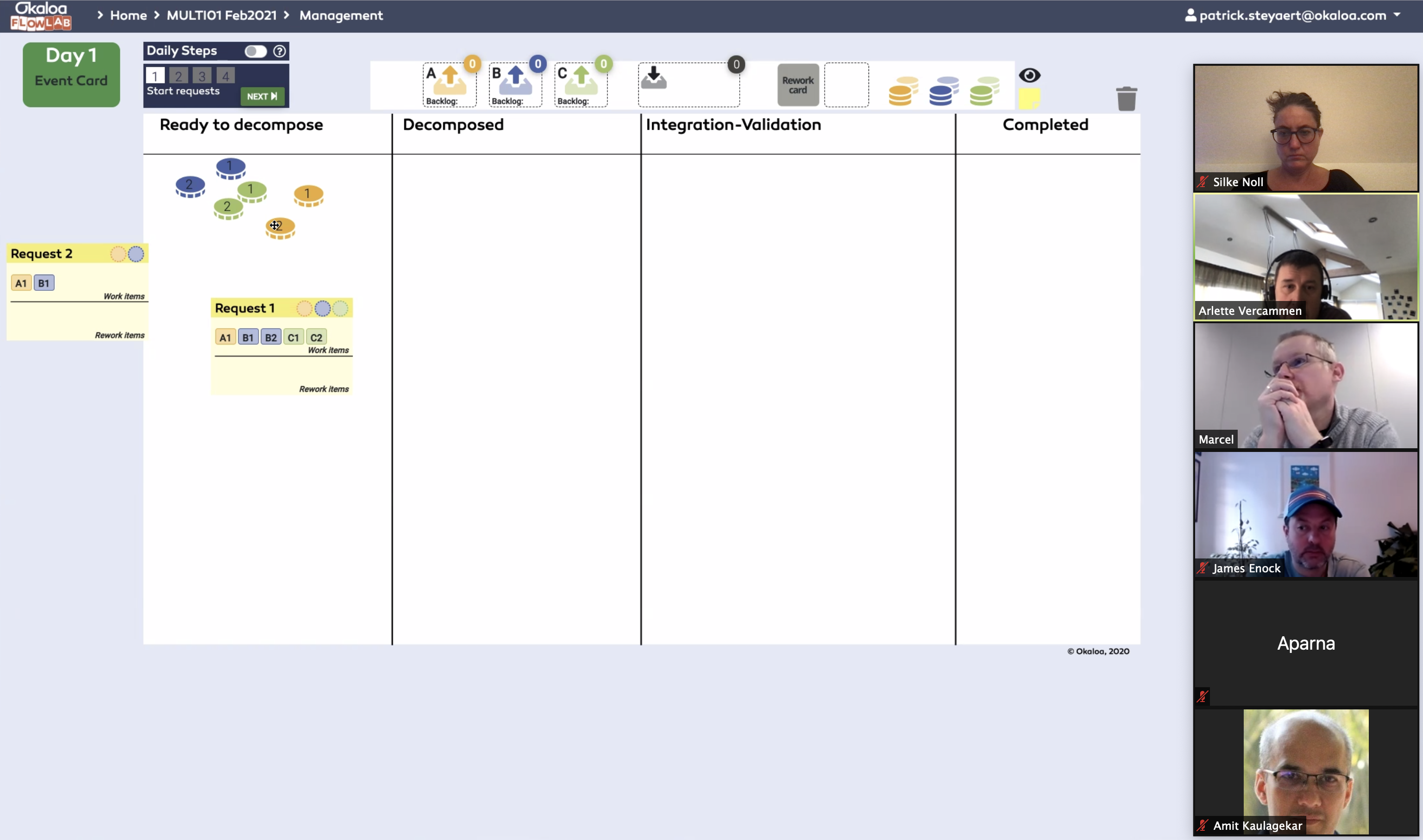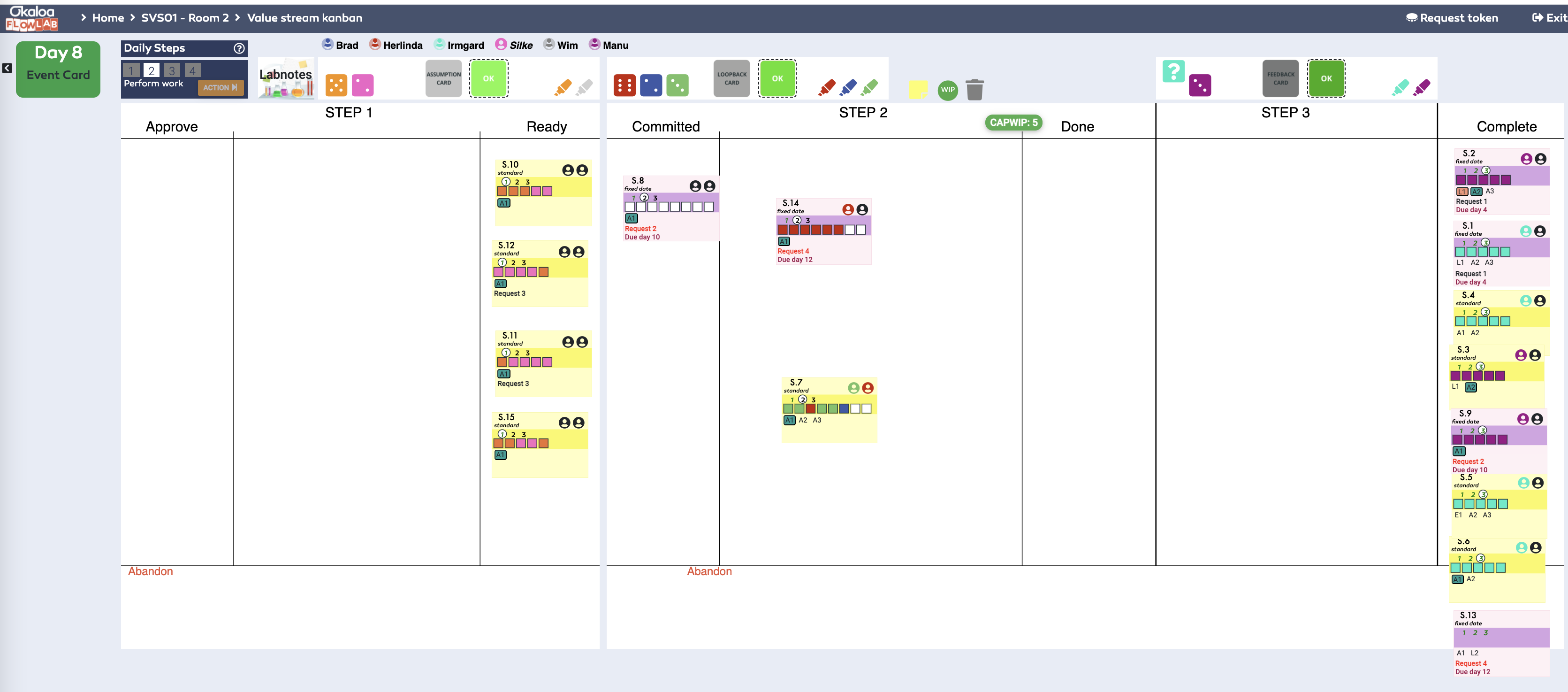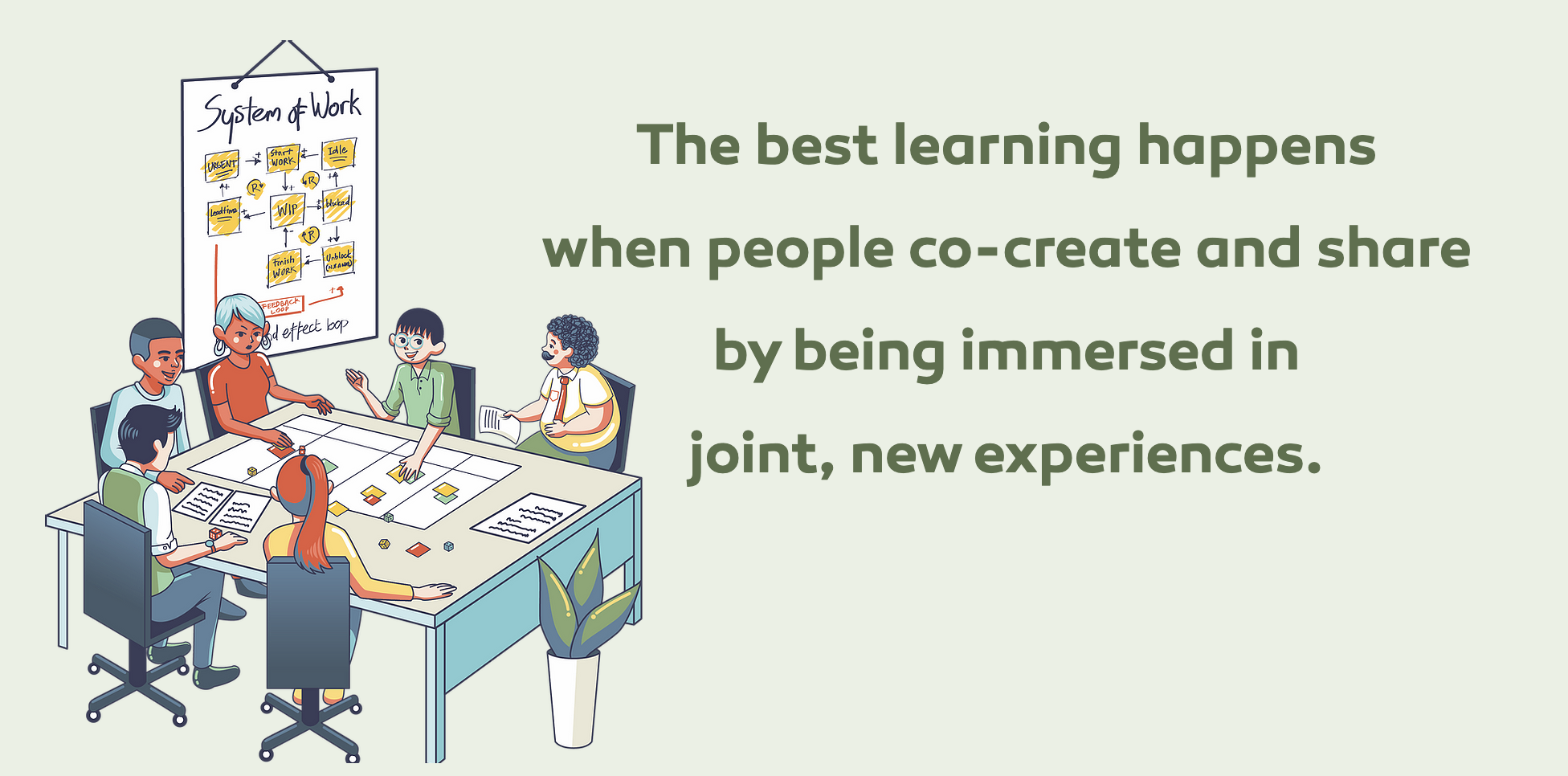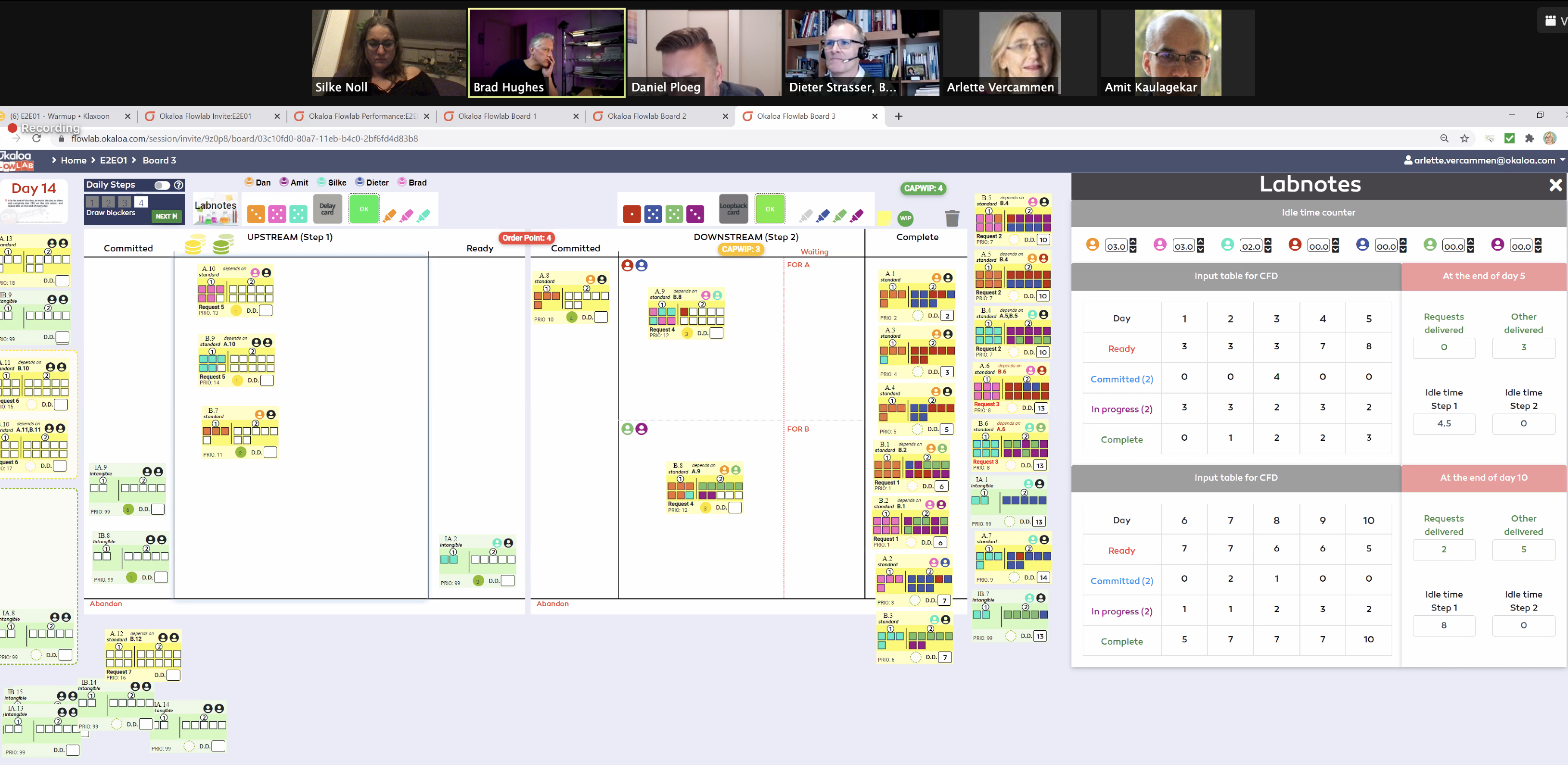Lese diesen Text in Deutsch: Silke Noll – Trainings und Coaching
Silke is a certified seminar facilitator, trainer and coach for intercultural competencies, communication and teambuilding as well as certified as a personal coach (NLP-Master). She has published the – so far – first two books about intercultural communication in New Zealand.
As an Accredited Kanban Trainer by Kanban University, Kanban Coaching Professional, Kanban Product Professional, Kanban Management Professional, Enterprise Agile Coach, certified Scrum Master (PSM) and Product Owner, Silke has a successful track record in corporate culture change and transformation, on management, team and personal level. This broadens her understanding of “culture” and has seen Silke training and coaching in Oceania and Europe, in small and large 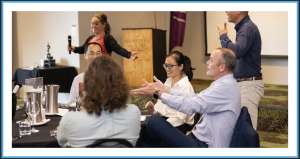 organisations, government and private organisations.
organisations, government and private organisations.
She is passionate about people, learning, coaching and training, and about helping to inspire individuals, teams and organisations in all walks of life, giving them the knowledge and tools to make a difference.
Overall, Silke has 20+ years of professional experience in many IT- and finance-related projects, and also as a salesperson in investment and retail banking, management consultant, business analyst and test consultant.
Key training, coaching and consulting aspects:
- Culture specific training: Germany, New Zealand, Australia, Pacific Islands, France, Italy, Spain, UK
- Cultural awareness training and coaching
- Individual coaching, also over a longer period of time, mostly new immigrants to Oceania
- Teambuilding
- Selling across cultures
- Gender communication in the context of different cultures and in corporate environments
- Outcome-focused, effective facilitation of cultural change
- in teams (Agile transformation, international M&As, etc.).
- on management level through leadership styles.
- with respect to corporate goals (financially and strategically), including buy-in through all organizational levels.
Current cross-cultural courses (all classes are also available as inhouse training)
- Cross-cultural competency New Zealand, virtual in English, 6x2hours.
- Auf Anfrage: Interkulturelles Training Neuseeland, online in deutscher Sprache, 6×2 Stunden.
- Intercultural awareness training – your start into intercultural agility.
- 03/06/24 in Berlin: Intercultural awareness training – your start into intercultural agility.
Current Kanban classes (all classes are also available as inhouse training)
- 08/08/24 Team Kanban Practitioner (fullday during the week)
- 22/08/24 Scrum Better with Kanban (fullday during the week)
- 16-19/08/24 Kanban System Design online (Fr evening, Sat, Sun afternoon, Mon evening)
- 23-19/08/24 Kanban Systems Improvement online (Fr evening, Sat, Sun afternoon, Mon evening)
- 22/08/24 Kanban for Design and Innovation extension (afternoon during the week).
- 23-24/06/25 in Berlin timezone Team Kanban Practitioner online (afternoon during the week)
Silke is looking forward to hearing from you to mail@silke-noll.com if you are interested in the following training / workshops
- customised intercultural training (see above for specialist areas)
- Okaloa Flowlab
- Okaloa Flowlab Teamflow simulation (in-person and virtual version):
Through simulating a conventional work environment that reflects a mechanistic mindset characterised by a focus on resource efficiency, command and control and specialist workers, participants experience which roadblocks need to be overcome. As the team is taking its first baby steps into agile, they will experiment (in 2 or 3 rounds) with policies and practices (e.g. pull of work, cadences, limiting WIP) that enable collaboration, get the team into flow, and allow an agile mindset to emerge. Weaved into the simulations they will discover the fundamental difference between resource efficiency and flow efficiency.
- Okaloa Flowlab Workflow simulation (in-person and virtual version):
In most organisations work is handed over from one specialist role to another, following a certain sequence, also known as a workflow. Workflow cannot be ignored as it is an important part of how work is organised in most organisations, even including agile organisations. Participants will experience workflow (loopbacks) and dependencies. With this simulation we are simulating a typical workflow as defined in e.g. Jira or any other tracking system, whereby work goes from one person to another, and back in case of loopbacks. The Workflow simulation shows what Kanban really is about – differentiating between proto-kanban and Kanban as well as teaching how to deal with back-flow.
- Okaloa Flowlab Competence simulation (in-person and virtual version):
What happens when you have specialist workers involved when delivering value to the customer? When you rely on specialist workers, you automatically create dependencies, i.e. key man dependencies, and dependencies between work items. The purpose of this simulation is to experience bottlenecks as a result of assigning work to the specialist. This simulation is relevant when you want to introduce the concept of staff liquidity. It can be used in environments where methods like e.g. Kanban and Scrum are applied.
- Okaloa Flowlab Multi-team simulation (in-person and virtual version):
This simulation allows an experience of flow and collaboration across multiple teams that need to work together to deliver value. Individual teams can be competence, component or technology teams each with their own area of specialisation. They could even be feature teams (full-stack teams) to the extent that each feature team focusses on its own feature set (e.g. check-out, …). The simulation demonstrates multi-tiered flow and collaboration across 2 different levels: 1) the request level and 2) work item level. One of the elements of this simulation is to experience bottlenecks in a multi-team context and the effects of this on delivering value. This simulation is relevant in combination with methods that address scaling.
- Okaloa Flowlab Value Stream (virtual version only):
Many organisations struggle with the phenomena: performance versus cost versus quality and time pressure. Trying to validate all assumptions upfront will in the end lead to bad quality because at a certain point you will be faced with pressure to deliver and then suddenly the item is rushed through the system. Not agreeing on requirements might lead to high risk of failure further in the value stream. But how to find turning point, moment that you know you are over assessing. The urge to get everything cleared out makes that in the end we feel time pressure and we deliver bad quality. In this simulation participants experience the end-to-end flow along a value creation process, from customer request to delivery to the customer. It addresses dealing with assumptions of the upstream, hand-offs and loopbacks.

